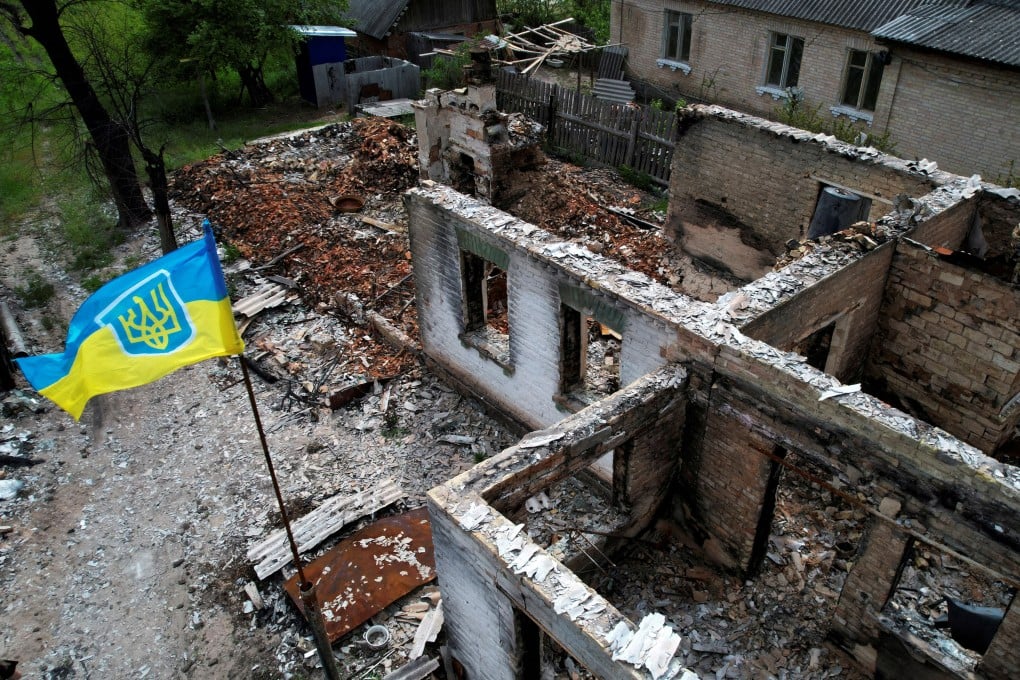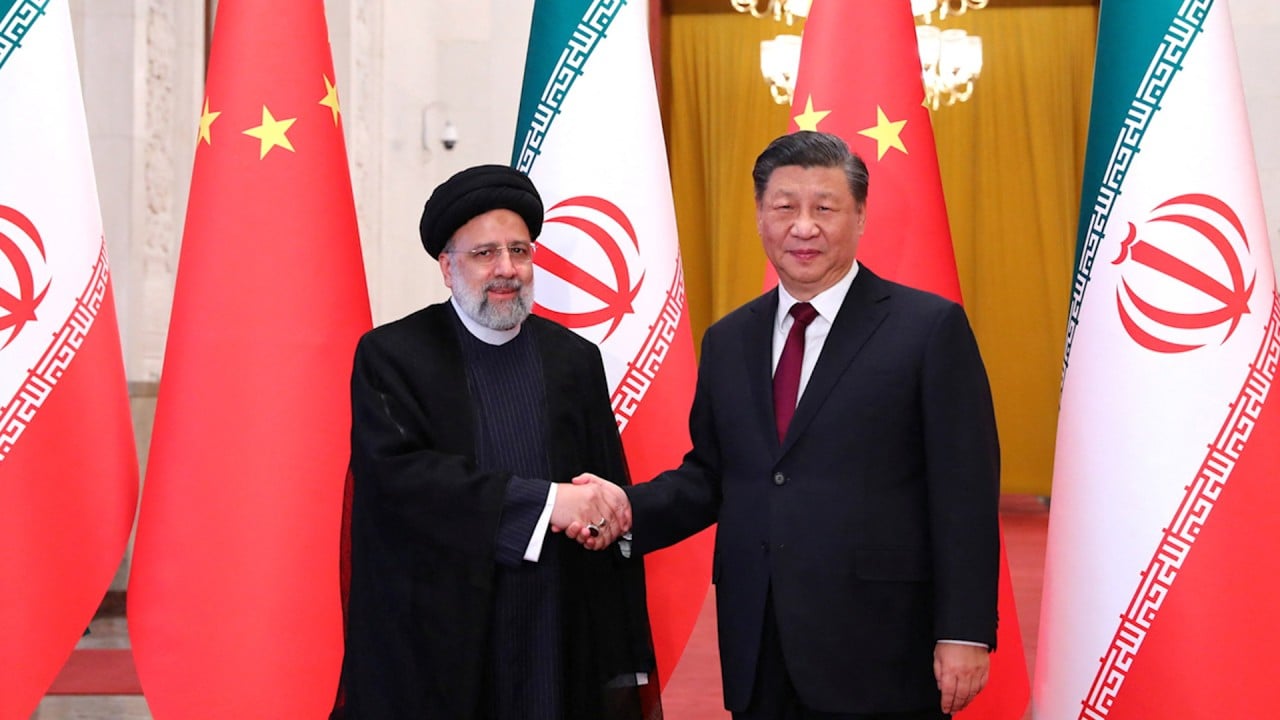Advertisement
Opinion | Death of diplomacy driving world into dangerous era as war becomes ‘new normal’
- The world is moving in a risky direction as geopolitical hotspots are destabilising, raising the risks of more hot wars breaking out
- A distracted US, growing economic pressure and increasing tendency for nations to ditch diplomacy in favour of war make for a dangerous new status quo
Reading Time:3 minutes
Why you can trust SCMP
45

The world is on edge. “Balloongate” between the United States and China is just the tip of the iceberg. Alongside this are calls by Ukrainian President Volodymyr Zelensky to equip his country with fighter jets, South Korea exploring managing nuclear weapons and a new strike by Israel on a weapons factory in Iran reportedly producing drones for Russia.
It is clear that the world is moving in a dangerous direction. Geopolitical hotspots that have been global headaches for decades are destabilising. At any moment, a hotspot could turn into a hot war. The world cannot withstand another conflict, though, as it would permanently fragment the globe and destroy any chance of long-term global peace and stability.
Much of what is happening stems from two things. First, with Russia’s invasion of Ukraine drawing the world’s attention, tensions flaring elsewhere are flying under the radar. The international community is doing little to calm the waters. Second, and more importantly, the effects of the war in Ukraine have snowballed and are influencing the politics of other nations.
To start with, countries are testing the US’ ability to hold the world together. It’s no coincidence that North Korea sent drones across its southern border – the first time since 2017 – at the end of 2022, or that Iran’s president visited China weeks before President Xi Jinping is expected to visit Russia. All this is happening as the US dedicates huge resources to Ukraine and some countries sense opportunities as they believe the US’ eye is off the ball.
Then there is the growing economic pressure that could be making people unhinged. Recent tensions between Serbia and Kosovo were sparked by a number plate law. The threat of conflict rose when an ethnic Serb assaulted a police officer in northern Kosovo and was arrested. Aggressive behaviour appears to be the new norm as ordinary people grapple with changing economic conditions.
Alongside all this, the world is ditching diplomacy. It’s becoming accepted that geopolitical tensions can no longer be frozen, such as through a ceasefire, or resolved through agreements or treaties. Nobody wants to kick the can down the road any longer. Everybody is ready to throw a punch.
Advertisement

